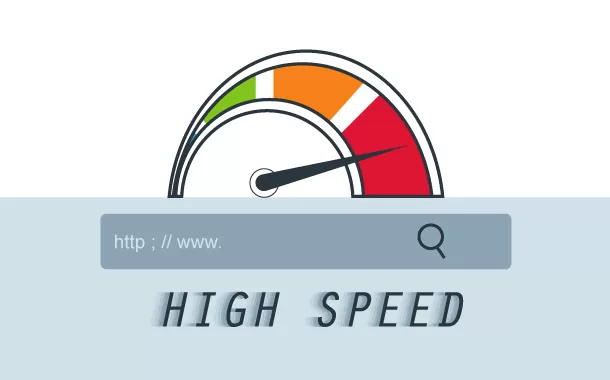Customers want fast websites. Digital marketers know that web page speed impacts the ranking in search engine as well as Google ads. In summary, for all stakeholders are looking for webpage speed. Let us see what the speed blocks are and how to overcome them.
Compress and Minify source file
HTML, Java script, CSS all these code files are text. If you remove all unnecessary characters like white spaces, comments etc. which are not used for execution, the file size would reduce. This is called minifying the source files.
You can use utility like gzip to compress them further in size.
Reduce Redirects
When you redirect a page, user has to wait for one more cycle of http request-response. Please reduce number of redirects or use them only when needed for a short period of time.
Remove render blocking java script
When HTML is received from the web server, the browser reads it and constructs the document object model (DOM) tree. Before rendering the page, if it encounters a script then it has to execute that script. This slows down the page load. Try to avoid page blocking Java scripts.
Use better fast hosting and improve response time
Web hosting and the choice of server resources are deciders of speed. Because web page data is rendered after all computations are done at database and web server level. Please make sure you have enough resources like hard disk space, memory etc. Shifting to a faster server would dramatically improve the speed.
Use content distribution network for better webpage speed
Firstly you should choose the hosting server location near to your maximum number of customers. If you are mainly serving Indian customers, you should get your website hosted on Indian servers. However, when your customer base starts growing to other countries, they would experience a delay if served from distant servers. Here, content distribution/delivery network or CDN is a solution to it.
In CDN, multiple copies of your website contents are stored at geographically distributed locations. In this way, the web pages are delivered more reliably and fast at any corner of the world.
Ask you web hosting provider to give you CDN. This would surely boost the performance at little extra cost.
Use of caching improves webpage speed
Web browsers do not request the same information like images, script files, CSS style sheets etc. every time the page is to be rendered. It caches it when all this is fetched for the first time. And uses it, for subsequent accesses. Look at your “expires” header for setting the caching period after which the content expires or to be re-fetched.
When you are using an ecommerce framework on the server-side, it will come with built-in caching mechanism. WordPress also has caching plug-ins which can be used. If you have home-grown framework, then you must implement caching inside it.
Leveraging browser caching also improves user experience.
Optimize images
Images are major culprit in making the webpage slow. First make sure that images you use on the web page are of the right size. First, do not make them larger unnecessarily. Secondly, use appropriate file format like PNG or JPEG. Use tools and optimize them for the web.
You can use CSS sprites and create template for frequently used images. Doing this would save you some http requests. Hence page would load faster.
How Magicworkshost can help improve your webpage speed
Choice of webhosting is a very crucial. If you are looking for improving speed of web pages, connect with us. Magicworkshost provides top class infrastructure with Litespeed servers which works 3 times faster than Apache.


